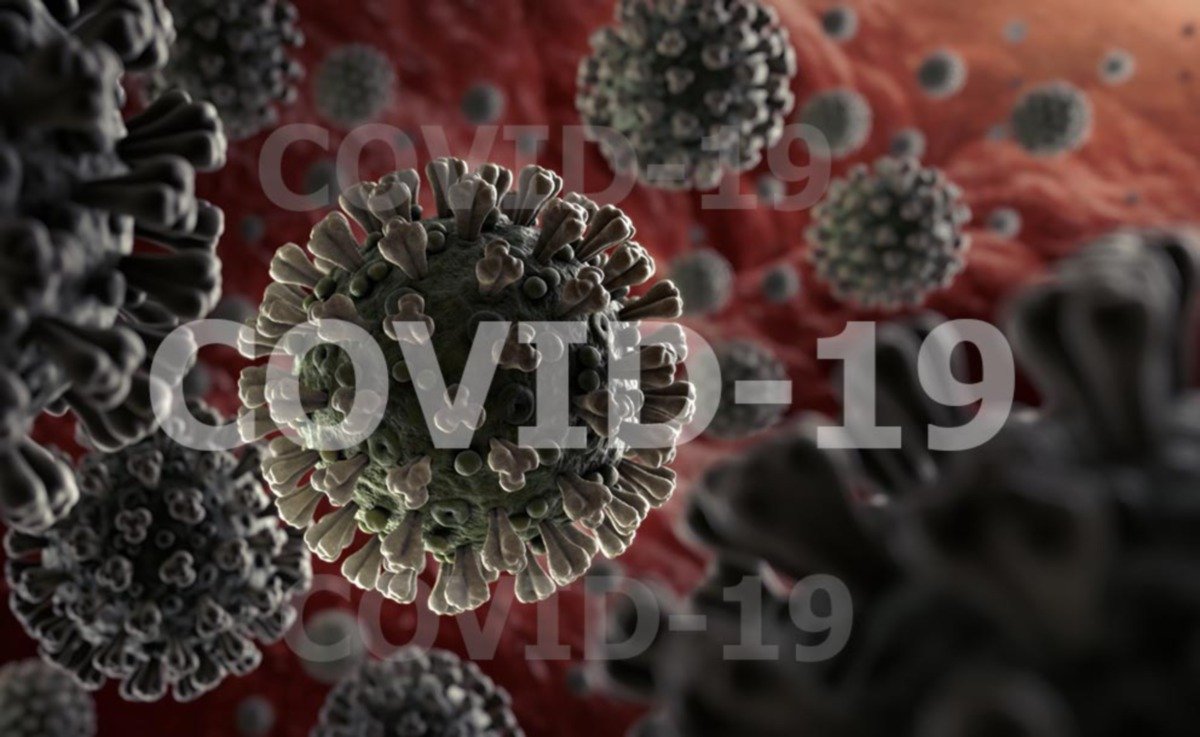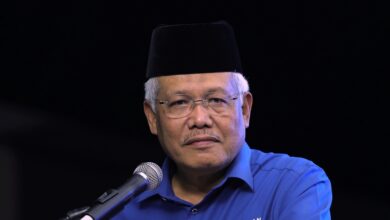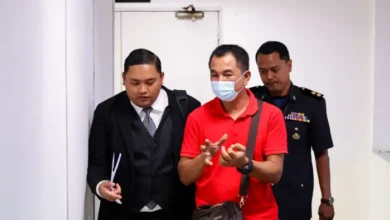MMA expects Covid-19 vaccines to be effective against new strains

PETALING JAYA: The Malaysian Medical Association (MMA) has sought to allay fears that the Covid-19 vaccines Malaysia has ordered may not be effective against new virus mutations.
MMA president Dr Subramaniam Muniandy told FMT he believed the fears, particularly over a new strain from Britain, were overblown.
Referring to the new vaccine type called mRNA, he said such vaccines could be easily adapted for mutations.
“A mutation changes the amino acid sequence of a viral protein,” he said. “It is easy to change the sequence of the mRNA vaccine to code for the new protein.”

He added that there was no proof that the mutation from Britain was more harmful than other strains.
“Viruses will always mutate,” he said. “Generally, the strains that thrive are the more infectious but less virulent strains.”
Dr Sanjay Rampal of Universiti Malaya said there was still a lot of uncertainty over Covid-19 mutations.
“The current mutation appears to increase the transmission rate but does not seem to affect the severity of the disease,” he told FMT.
He said the current generation of vaccines should be effective, but added that there was still a gap in knowledge about the effect of future mutations on the efficacy of the vaccines.
He also said there should not be any need to bar visitors from countries where new mutations had occurred since the risk of importing the virus could be mitigated by mandatory quarantine.
Subramaniam said it was good that the government had decided to get various vaccine types since the current lack of data would make it unwise to bet everything on any one type.
The government has committed itself to purchasing vaccines to cover 82.8% of the country’s population, with the first one million doses set to be given in February to target groups such as frontliners, the aged and those with non-communicable diseases.
Twenty per cent of the population will receive the vaccine produced by Pfizer, 10% the vaccine from the World Health Organisation’s Covax facility and 10% the vaccine from AstraZeneca. As for coverage of the other 42.8% of the population, the government is in the final stages of negotiations with Sinovac, CanSino and Gamaleya to acquire their vaccines.
Last Monday, Singapore became the first Asian country to receive the Pfizer-BioNTech vaccines.
Science, Technology and Innovation Minister Khairy Jamaluddin has defended the delay in Malaysia’s procurement, saying it is down to cost.
He said Singapore signed its purchase agreement a few months before Malaysia did because it was more financially able.
Subramaniam said experts were worried over the long period of three to four months for approval of the vaccines, as mentioned by Khairy and the health director-general.
“Please note that this process is mainly to review data,” he said. “We are not repeating the trials. We hope that the process of approval has started and can be shortened without cutting corners.”
Bandar Kuching MP Dr Kelvin Yii said criticism over the delay in procurement was justified.
“In Malaysia, we are too focused on containment or a fire-fighting mentality rather than planning ahead,” he said. “That is why I believe we lag behind by months compared with Singapore.
“While I am not denying that money is one of the factors, the issue could have been better handled with better planning and long-term thinking.”






You must be logged in to post a comment.